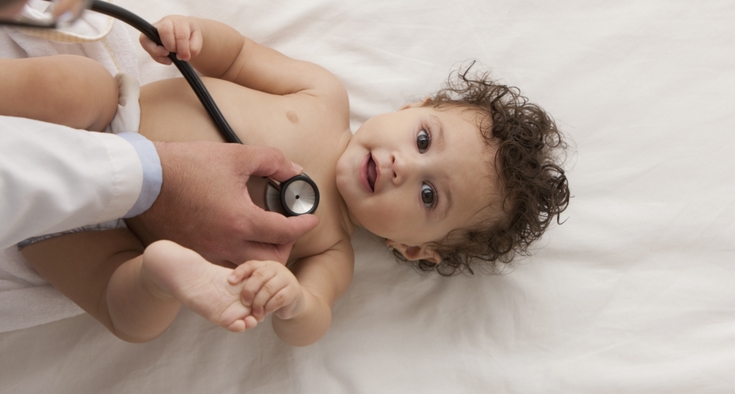Kids love juice. But drinking too much of it may pose risks to some children, according to new recommendations.
The American Academy of Pediatrics is urging parents to limit — and, in some instances, completely eliminate — fruit juice from their children’s diets.
Revising guidelines it set in 2001, the academy said infants younger than 1 year old should not be fed juice. Instead, they should receive breast milk or infant formula.
“Juice is known to have a lot of sugar in it,” said Dr. Jennifer Squires, a pediatrician with Novant Health Elizabeth Pediatrics in Charlotte, North Carolina. “Before this new recommendation, it was believed that giving a little juice to infants older than 6 months was okay. Now there is an acknowledgement that there is no nutritional need for juice.”
The new policy arose amid growing concerns over obesity in children and added risks of dental cavities.
“Juice and sugar consumption have a big effect on children’s dental health as well as extra calories,” Squires said. “When you are drinking juice, especially when it lacks fiber, you don’t feel full from it, so kids may keep drinking it. Think of the toddler drinking a sippy cup of juice that is coating his teeth in sugar. They are getting so many extra calories they don’t need,” she added.
As children grow older, the guidelines allow for some juice, but in moderate amounts.
“For children aged 1 to 3 years old, they can have up to 4 ounces of juice a day,” Squires said. “Children aged 4 to 6 years old can have 4 to 6 ounces of juice a day. Children aged 7 and older can have 8 ounces of juice a day.”
Otherwise, children should be drinking water or milk, the doctor advised. Parents should encourage children to eat fruit rather than drink juice, particularly high-fiber fruit such as apples, pears and oranges.
“The actual fruit has fiber, so it’s more filling than juice,” Squires said. “Even if you are making your own juice with a juicer, you are still missing that important nutritional component.”
The new guidelines do not apply to fruit drinks, which contain less than 100-percent fruit juice and have added sweeteners. Last year, the academy said children should have only one, 8-ounce sugar-sweetened drink per week.
Other recommendations:
- Children should not consume unpasteurized juice products.
- Some children should not drink grapefruit juice if they are taking medications where juice would affect the drug’s effectiveness. Ask your pediatrician for guidance.
- Fruit juice is not appropriate to treat dehydration or manage diarrhea.







